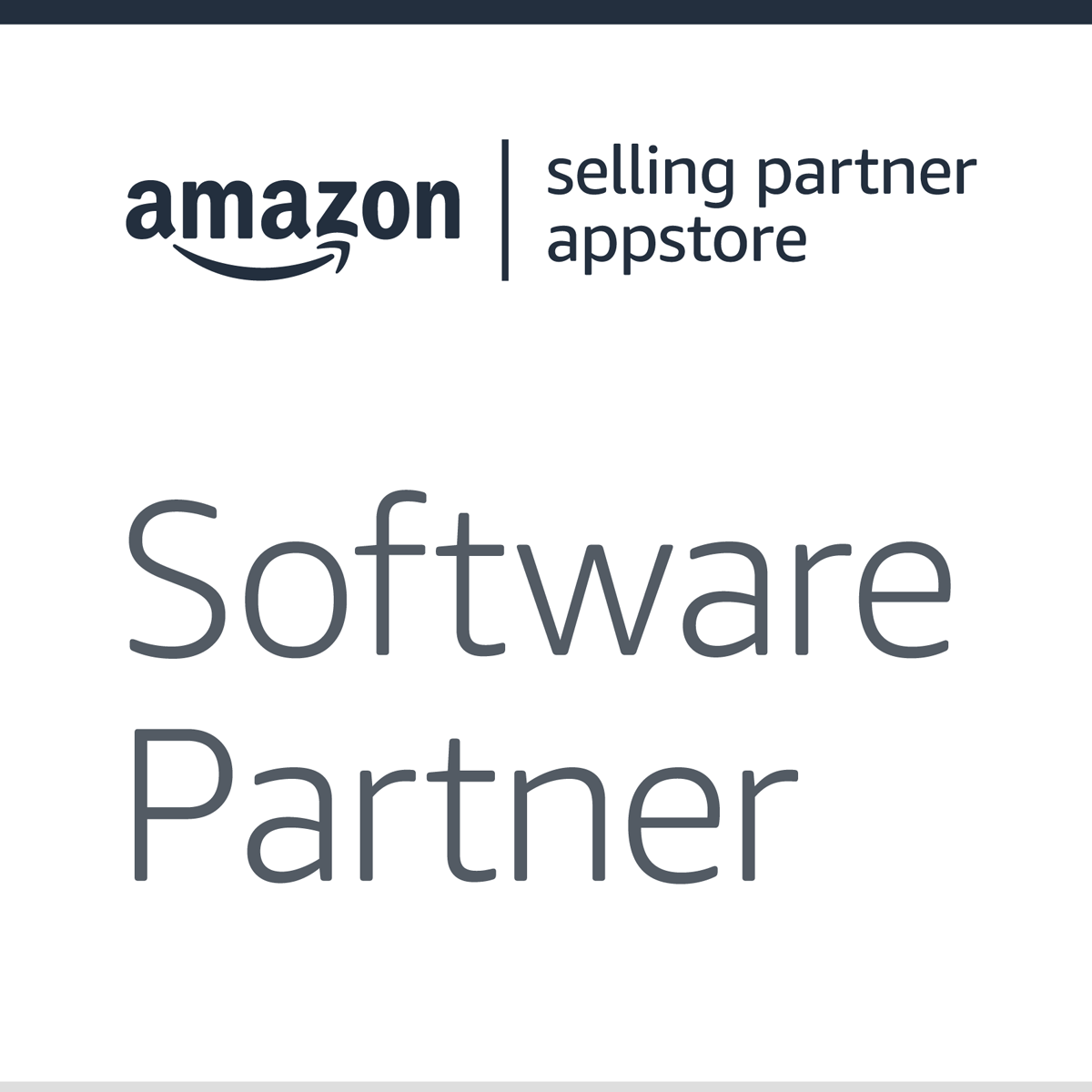Originally published on June 28, 2017, updated February 3, 2023
Menu
Join Our Email List
- Receive our monthly newsletter.
- Stay up to date on Amazon policies.
- Get tips to grow your business.
In this guest post from WELL Insurance, Matt Lovell explains what Amazon sellers need to know about insuring their businesses. He recently updated this article for 2021.
Do you have the protection you need in place for your eCommerce business? Amazon requires sellers to have insurance coverage; failure to do so could lead to account suspension.
February 2021 Update:
Amazon is now enforcing this requirement and allowing sellers 30 days to have a certificate of insurance on file with them, or stand to be suspended from the platform.
In this post, I’ll share what you should know about Amazon seller insurance.
Do I need insurance to sell on Amazon? Yes, as an Amazon seller, you need insurance to meet Amazon’s guidelines as well as to protect your growing business. The type of coverage needed varies based on your account specifics. Let’s take a look at a few common examples:
Professional Seller Account: In order to have this type of account, you must have a one million dollar general liability policy in place that lists “Amazon.com, Inc., and its affiliates and assignees” as additional insureds. You’ll also need to provide Amazon with a certificate of insurance for your policy.
Private-Label Sellers: If you design, manufacture, sell, or distribute private-label products, you need to have an insurance policy. This is especially important as more of the risk falls to you and your business if anything should go wrong with your products. Whether you are manufacturing your own products or having that work subcontracted out with a supplier, there is risk exposure for you as a merchant.
In either case, look for a policy that includes coverage for bodily injury, property damage and products liability.
Bodily injury coverage helps pay for another individual’s physical injury that occurred as a result of injury or death caused by a product sold to them.
Property damage liability coverage helps pay for damages caused to another person’s belongings or properties up to your policy limits.
Product liability insurance for Amazon sellers covers the insured policyholder in the event that they are brought into a lawsuit as a result of their products causing bodily injury or physical damage.
When insuring your livelihood, you need to work with an agent who truly understands your business. It’s also helpful to have a basic understanding of the two main types of insurance agents: independent versus captive.
An independent agent (such as WELL Insurance) is able to quote your policy with multiple companies to find the best coverage at the best price for that specific seller and risk. Captive agents only work with their own company, which limits your policy options to what is available from that insurance agency.
Different sellers have diverse needs. Depending on what products are being sold, the policy may need to be written in a very specific way. For example, if a merchant is selling a private-label item that is manufactured in China, that seller is now a manufacturer, not simply an online seller. Many Amazon merchants are unaware of this distinction and have their policy written incorrectly. This means that the company may have to pay the loss when a claim occurs.
Take the time to ask your agent the right questions and make sure that you are properly insured from the start.
Don’t rely on “maybe” insurance. Instead, take the time to ask your agent the right questions and make sure that you are properly insured from the start. Ask if your insurance agent has any experience with eCommerce businesses and how long they have been writing these types of policies. While eCommerce is fairly new in the insurance world, you should find an agent who is familiar with the industry in order to get the best possible protection for your business.
Ocean Marine Cargo is a great policy for sellers who may be importing products from overseas. Most sellers probably already purchase this coverage on a load-by-load basis directly from their shipping company. The difference in those policies and an ocean marine cargo policy is that the latter covers the inventory from the time it is loaded in the shipping container until it is on the way to the customer and everywhere in between.
 Coverage begins when the inventory is loaded into the shipping container as it makes its way to the US via air or ocean transport. This is where a typical shipping policy coverage runs out. However, the ocean marine policy will continue coverage while the products are at port, as they are being domestically transported in the US, and while they are stored in a 3PL or privately owned named warehouse. The policy also provides coverage for unnamed warehouse(s) or FBA warehouses.
Coverage begins when the inventory is loaded into the shipping container as it makes its way to the US via air or ocean transport. This is where a typical shipping policy coverage runs out. However, the ocean marine policy will continue coverage while the products are at port, as they are being domestically transported in the US, and while they are stored in a 3PL or privately owned named warehouse. The policy also provides coverage for unnamed warehouse(s) or FBA warehouses.
Does Amazon cover your products while they are in the FBA warehouse locations? Some say they do, but we have yet to see that in writing. It might be very difficult to get a payment from Amazon should anything happen to those items.
From a premium standpoint, this coverage can also save you money. You no longer need to purchase per shipment insurance or a separate policy for inventory that is being stored in a warehouse. When you consider the costs for both of these policies, in many instances the ocean marine cargo coverage provides better protection for less money.
Many new sellers wonder do I need Amazon insurance? Now you know the answer!
If you have more questions about Amazon insurance, comment below to join the conversation. If you would like to request a quote or additional information about your specific insurance needs, you can contact us at WELL Insurance.
Originally published on June 28, 2017, updated February 3, 2023
This post is accurate as of the date of publication. Some features and information may have changed due to product updates or Amazon policy changes.
These Stories on Business
14321 Winter Breeze Drive
Suite 121 Midlothian, VA 23113
Call us: 800-757-6840





Copyright© 2007-2025 eComEngine, LLC. All Rights Reserved. eComEngine®, FeedbackFive®, RestockPro®, and SellerPulse® are trademarks or registered trademarks of eComEngine, LLC. Amazon's trademark is used under license from Amazon.com, Inc. or its affiliates.
No Comments Yet
Let us know what you think